The programme is only conducted in Lithuanian language. Entry requirements for this particular programme can be found in the programme description provided in Lithuanian language.
in Lithuanian
From engine to intelligent mobility
Do you see yourself developing electric cars, intelligent traffic management systems and sustainable mobility solutions? The Vehicle Engineering programme combines classic automotive engineering with modern technologies to design and develop transport vehicles and systems. From engine design to alternative energy sources, you’ll tackle real-world engineering challenges in laboratories and practical projects. When you graduate, you’ll have a wide range of career opportunities in the automotive industry, transport or mobility start-ups.
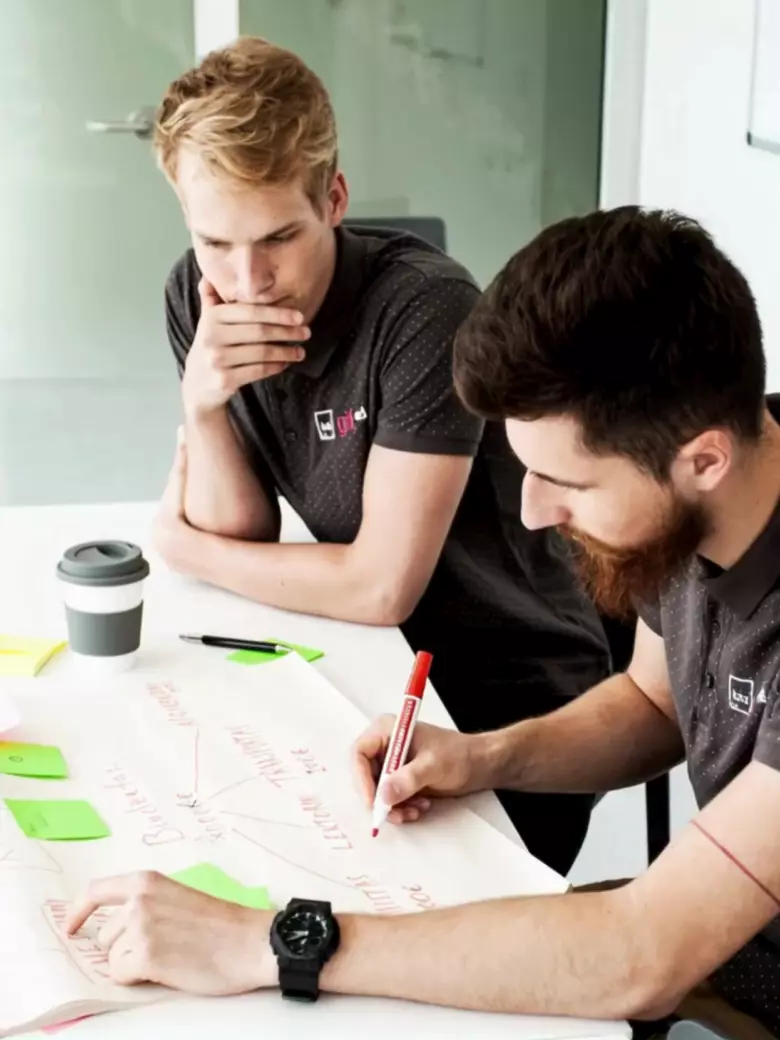
You will be able to build your career success story in automotive and transport companies ALTAS Auto, Elinta Motors, Continental Automotive Lithuania, Schmitz Cargobull Baltic, Via Lietuva, LTG Group, Transport Competence Agency, etc and others.

Advanced laboratories and contemporary research facilities, innovative problem-solving and project-based learning methods, and a team of professional lecturers – all these aspects will contribute to your success.
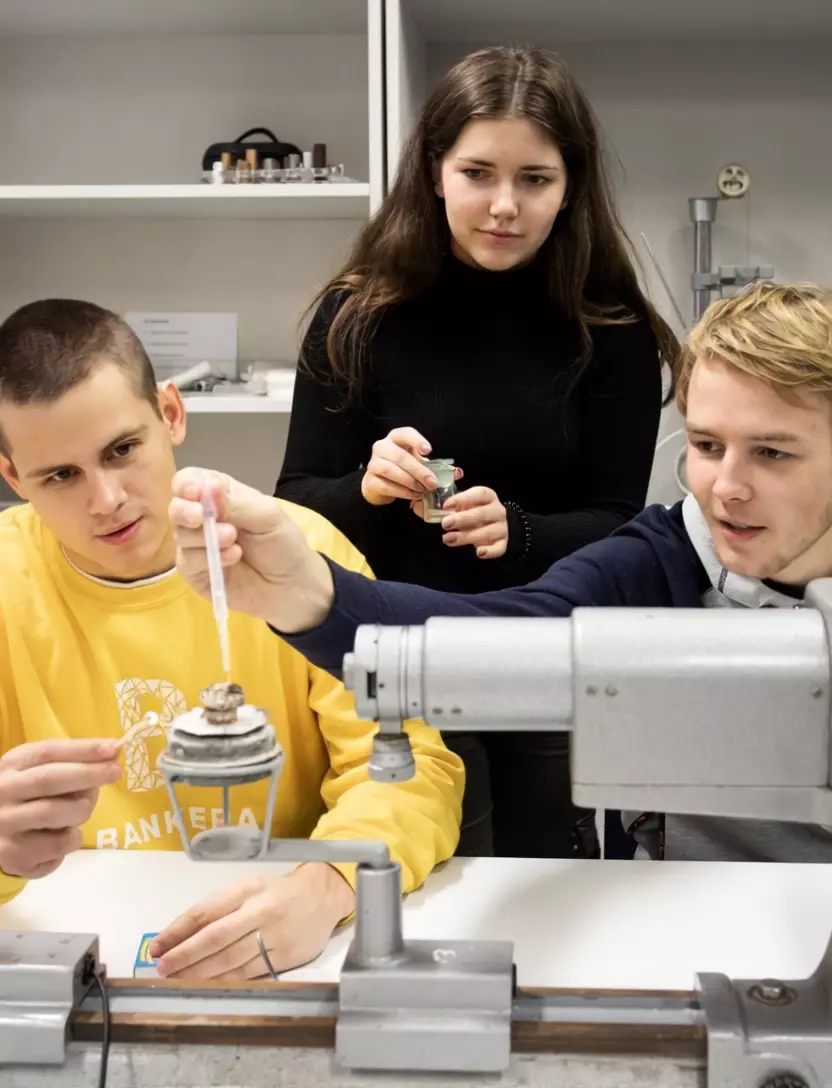
In this study programme, you can implement your own ideas or join existing projects such as the Student Formula, the Electric Car, the Driving Simulator and others.
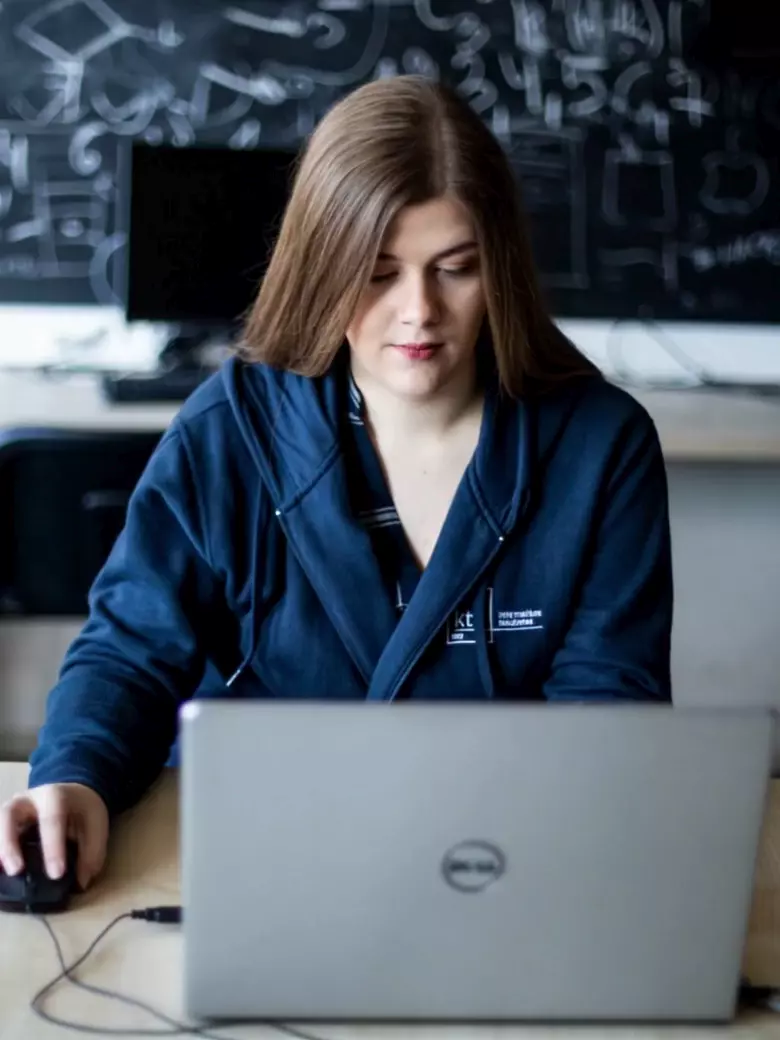
Choose modules in Vehicle Design and Control or Railway Transport and take advantage of exclusive opportunities for international traineeships at NASA and exchange studies at prestigious universities such as the University of Applied Sciences in Linköping or the University of Applied Sciences Munich.
Build the perfect car. This programme provides transport engineering knowledge and skills to develop and apply innovative solutions for the safe, efficient, economical, and environmentally friendly movement of people and goods by designing or improving vehicles, systems, and components.
Professionals in this field are highly sought after and can pursue a variety of career paths:
Develops energy-efficient and environmentally friendly vehicles, along with the systems and components that support their operation, by integrating design methodologies, motion theory, control systems, and manufacturing technologies.
Ensures the efficient operation of transport terminals, the safe operation of roads and railways, and the adoption of cost-effective and environmentally sound passenger and freight transport solutions.
Develops vertical take-off and landing aircraft that transport passengers and cargo safely and quickly, and can switch to conventional flight mode or city street traffic.
| Module name | Credits | Method of organisation |
|---|
| Engineering Graphics | 6 | On-campus learning |
| Information Technologies for Engineers | 6 | On-campus learning |
| Introduction to Transport Engineering | 6 | On-campus learning |
| Mathematics 1 | 6 | On-campus learning |
| Media Philosophy | 6 | Blended learning |
| Sustainable Development | 6 | Blended learning |
| Module name | Credits | Method of organisation |
|---|
| Computer Drawing | 3 | On-campus learning |
| Materials Engineering | 3 | On-campus learning |
| Mathematics 2 | 6 | On-campus learning |
| Physics 1 | 6 | On-campus learning |
| Theoretical Mechanics | 6 | On-campus learning |
| Academic and Technical Communication in English (Level C1) | 6 | On-campus learning |
| Academic and Technical Communication in French (Level C1) | 6 | On-campus learning |
| Academic and Technical Communication in German (Level C1) | 6 | On-campus learning |
| Module name | Credits | Method of organisation |
|---|
| Applied Thermodynamics and Fluid Mechanics | 6 | On-campus learning |
| Computer-Aided Design | 6 | On-campus learning |
| Engineering Mechanics | 6 | On-campus learning |
| General Chemistry | 6 | On-campus learning |
| Theory of Probability and Statistics | 6 | On-campus learning |
| Module name | Credits | Method of organisation |
|---|
| Engineering Economics | 6 | On-campus learning |
| Fundamentals of Electrotechnics and Electronics | 6 | On-campus learning |
| Lightweight Structures | 6 | On-campus learning |
| Numerical Methods in Engineering | 6 | On-campus learning |
| Signals Theory | 3 | On-campus learning |
| Optional Subjects 2025 | 3 |
| Module name | Credits | Method of organisation |
|---|
| Engines of Vehicles | 6 | On-campus learning |
| Fluid Power Systems | 3 | On-campus learning |
| Human Safety | 3 | On-campus learning |
| Measurements and Control | 6 | On-campus learning |
| Traffic Engineering and Safety | 6 | On-campus learning |
| Infrastructure of Railway Transport | 6 | On-campus learning |
| Road Vehicles and Methodology of their Design | 6 | On-campus learning |
| On-campus learning |
| Module name | Credits | Method of organisation |
|---|
| Autonomous Vehicle Systems | 6 | On-campus learning |
| Electric Drives | 6 | On-campus learning |
| Product Development Project | 12 | On-campus learning |
| Project Management | 6 | On-campus learning |
| Semester Project | 6 | On-campus learning |
| Semester Project | 6 | On-campus learning |
| Technology Entrepreneurship | 6 | Blended learning |
| Railway Rolling Stocks and Technical Maintenance | 6 | On-campus learning |
| Road Vehicles Theory | 6 | On-campus learning |
| On-campus learning |
| Module name | Credits | Method of organisation |
|---|
| Machining Technologies of Means and their Components of Locomotion | 6 | On-campus learning |
| Sustainable Transport: Technologies, Environment and Interaction | 6 | On-campus learning |
| Organization of Train Traffic and Transportation | 6 | On-campus learning |
| Railway Automation and Communication Technologies | 6 | On-campus learning |
| Traction Theory of Railway Rolling Stocks | 6 | On-campus learning |
| Alternative Fuels and Hybrid Powertrains in Vehicles | 6 | On-campus learning |
| Diagnostics of Vehicles and Their Systems | 6 | On-campus learning |
| Technical Maintenance of Vehicles | 6 | On-campus learning |
| On-campus learning |
| Module name | Credits | Method of organisation |
|---|
| Bachelor’s Degree Final Project | 15 | On-campus learning |
| Professional Internship | 15 | On-campus learning |
The programme is only conducted in Lithuanian language. Entry requirements for this particular programme can be found in the programme description provided in Lithuanian language.
in Lithuanian
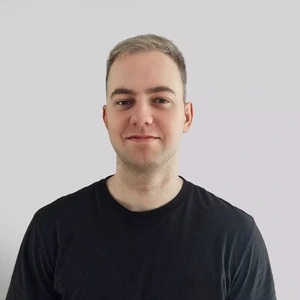
The Vehicle Engineering curriculum consists of many practical tasks with a variety of problem-solving techniques. A wide range of career opportunities opens up for the graduates of this programme, especially abroad, as vehicle engineering is constantly evolving, with the emergence of new electric vehicles, sustainable solutions and intelligent systems.
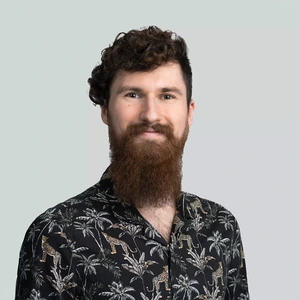
Studying vehicle engineering has helped me to develop strong engineering skills that are now useful in satellite design. In my first year, I joined the GIFTed Talent Academy, which got me even more involved in activities related to my studies. This encouraged me to look for new opportunities, and so in 2019, I started an internship at NASA Research Centre, which has helped me a lot in my career.
This programme is conducted exclusively in Lithuanian and there are no alternative language options for lectures, coursework or assessments.
Yes, the need for these professionals is increasing as transport is one of the biggest areas undergoing change. By gaining knowledge of transport engineering and the ability to apply the latest solutions, you’ll be contributing to the future of transport. Your work in developing or improving vehicles, systems and components can help ensure the safe, fast, economical and environmentally friendly movement of people and goods.
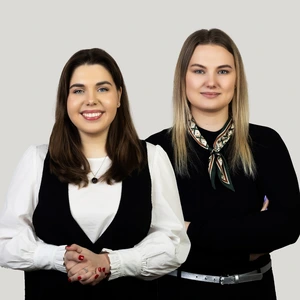
Talk to us, study with us:
K. Donelaičio St. 73, LT-44249 Kaunas
phone +370 679 44 555
email studijos@ktu.lt
Faculty of Mechanical Engineering and Design
XII Chamber
Studentų St. 56, LT-51424 Kaunas
email midf@ktu.lt
 virtual tour
virtual tour